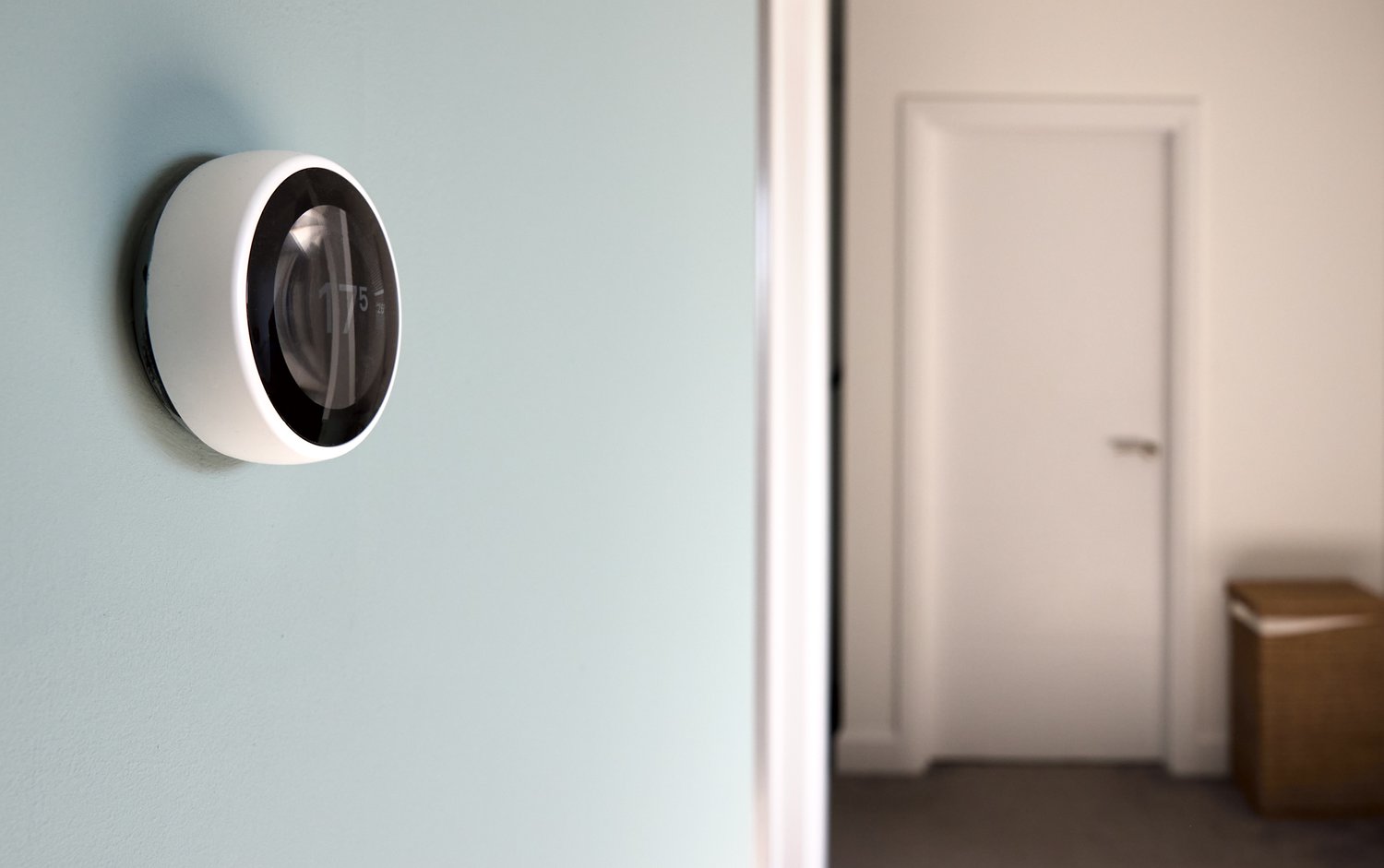The rise of smart home technology is transforming how we manage energy efficiency in our homes. As 2025 approaches, home automation and energy-saving device innovations are creating new opportunities for homeowners to reduce utility costs and embrace sustainable living.
The latest trends in smart home technology, from smart thermostats to energy-monitoring systems, are designed to make your home more efficient, connected, and environmentally friendly.
The Evolution of Energy-Efficient Smart Devices
Smart home technology has advanced far beyond basic automation. Today’s technology is focused on optimizing energy use, reducing waste, and providing real-time insights into energy consumption. These advancements lower utility bills and contribute to a greener planet.
Key Features of Energy-Efficient Smart Devices:
- Automation: Devices like smart plugs and lighting systems can automatically turn off when not in use.
- Monitoring: Energy-monitoring systems track usage in real-time, helping you identify and address inefficiencies.
- Integration: Seamlessly connect multiple devices to create a cohesive energy-saving ecosystem.
Top Smart Home Tech Trends for 2025
- Smart Thermostats with AI Learning
Devices like the Nest Learning Thermostat and Ecobee SmartThermostat use artificial intelligence to adapt to your schedule and optimize heating and cooling. By learning your habits, these thermostats reduce energy waste and maintain comfort. - Advanced Energy-Monitoring Systems
Tools like Sense Energy Monitor provide detailed insights into your home’s energy usage. These systems identify high-consumption appliances and offer suggestions for reducing energy waste. - Energy-Efficient Smart Appliances
New smart refrigerators, washing machines, and dishwashers have energy-saving modes and can be controlled remotely. They optimize cycles and alert users to maintenance needs, ensuring peak efficiency. - Solar Integration with Smart Tech
Solar panels are becoming increasingly compatible with smart systems. Homeowners can monitor solar energy production and consumption through apps, maximizing the benefits of renewable energy. - Smart Lighting Systems
LED smart bulbs like Philips Hue and LIFX allow you to control lighting intensity and schedule usage. Many of these systems now come with motion detection to turn off lights when rooms are unoccupied. - Smart Blinds and Shades
Automated window treatments like those from Serena Shades adjust based on sunlight and temperature, reducing heating and cooling costs throughout the year.
Benefits of Smart Home Energy Efficiency
Embracing these trends offers more than convenience; the benefits extend to financial savings and environmental impact. Here’s why upgrading your home tech makes sense:
- Lower Utility Bills: Automated energy management reduces unnecessary usage, saving you money.
- Enhanced Comfort: Smart devices adapt to your preferences, maintaining ideal home conditions.
- Sustainability: Reduced energy consumption lowers your carbon footprint.
- Increased Property Value: Energy-efficient upgrades appeal to eco-conscious buyers.
Creating a Smarter, More Energy-Efficient Home
While individual devices can make a difference, creating an interconnected system is the real value. Pairing a smart thermostat with energy-efficient blinds and solar panels lets your home dynamically respond to weather conditions, time of day, and energy demands.
A professional contractor specializing in home automation can help you design and install a system tailored to your needs.
Visit AskHomey.com for more smart home insights and energy-efficient ideas. Follow us on Instagram and Facebook to stay updated on the latest home trends. Start your journey toward a more intelligent, greener home today!



